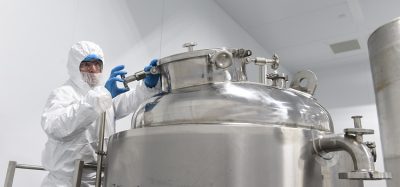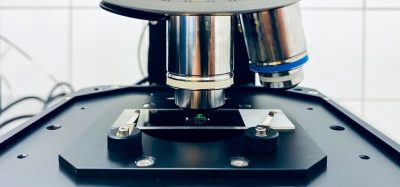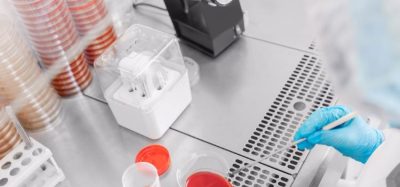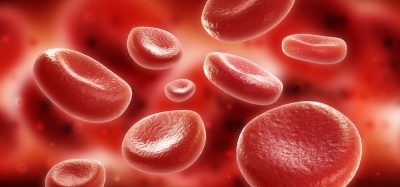Why is microbiological testing in medical device manufacturing important?
Posted: 15 June 2023 | Catherine Eckford (European Pharmaceutical Review) | No comments yet
Careful planning during manufacture means accurate microbiology testing methods can be developed, ensuring the safety and efficacy of medical devices, a paper reports.
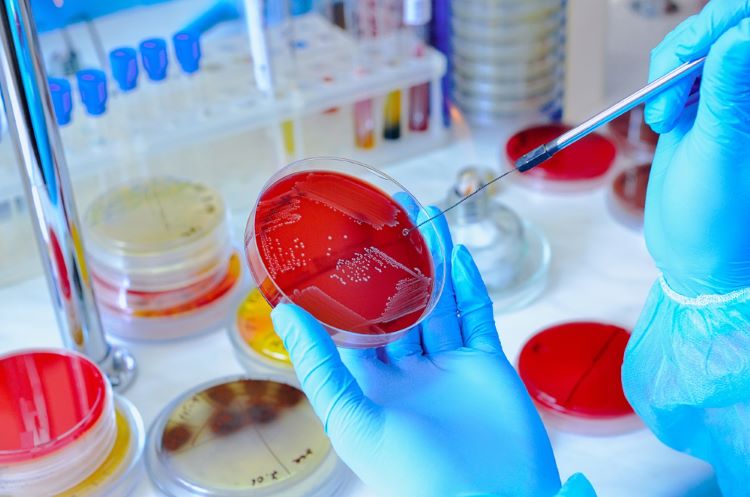

A paper published in the Journal of Pharmaceutical Research International has reviewed microbiological testing for medical devices and described their applications and challenges. Microbiological testing is essential for quality control, regulatory compliance and can help minimise the risk of microbial contamination. This approach can also help determine the appropriate manufacturing processes, sterilisation methods, and maintenance procedures.
Medical devices are essential tools for diagnosing, monitoring and treating a variety of conditions. Importantly, they identify potential sources of microbial contamination and assess their risk to patients. However, the safety and efficacy of these devices can be compromised if they are not appropriately designed, manufactured, and maintained, the authors wrote.
Types of microbiological testing
There are several types of microbiological testing commonly used in medical device development. These include bacterial endotoxin testing, sterility testing, bioburden testing, environmental monitoring, and antimicrobial effectiveness testing.
Sterility testing ensures a medical device is free of viable microorganisms, the paper stated. This type of testing is particularly important for medical devices that are intended for use in sterile environments, such as surgical instruments or implantable devices.
Bioburden testing can establish a baseline level of microbial contamination on a medical device and determine the effectiveness of sterilisation processes.
Bacterial endotoxin testing is used to make sure a medical device does not have harmful levels of endotoxins, which can cause severe health issues if they enter the bloodstream.
Challenges
However, there are challenges in microbiological tests, such as variability, sensitivity, and reproducibility issues. Interpretation of microbiological test results can also be complex and subjective. This can require specialised expertise and training, according to the paper. In addition, complex sample matrices, low levels of microbial contamination, limited sample size, limited testing methods, and stringent regulatory requirements can also pose issues.
Medical devices are designed to be in direct contact with a patient’s bodily fluids. As a result, these appliances can become contaminated with bacteria, fungi, viruses, or toxins during manufacturing, transportation, storage, or use. This microbial contamination can lead to a range of adverse events, such as infections, adverse reactions, or device failures, which can compromise patient safety and health outcomes.
Sharma et al. concluded by emphasising the importance of microbiological testing of medical device development and manufacturing.
It is important for manufacturers to carefully consider which methods are most appropriate for their specific device and sample type, the authors stated. Therefore, with “careful consideration and planning, manufacturers can develop reliable and accurate microbiology testing methods that ensure the safety and efficacy of their medical devices.”
Rapid microbiology testing market growth expected 2022 to 2027



